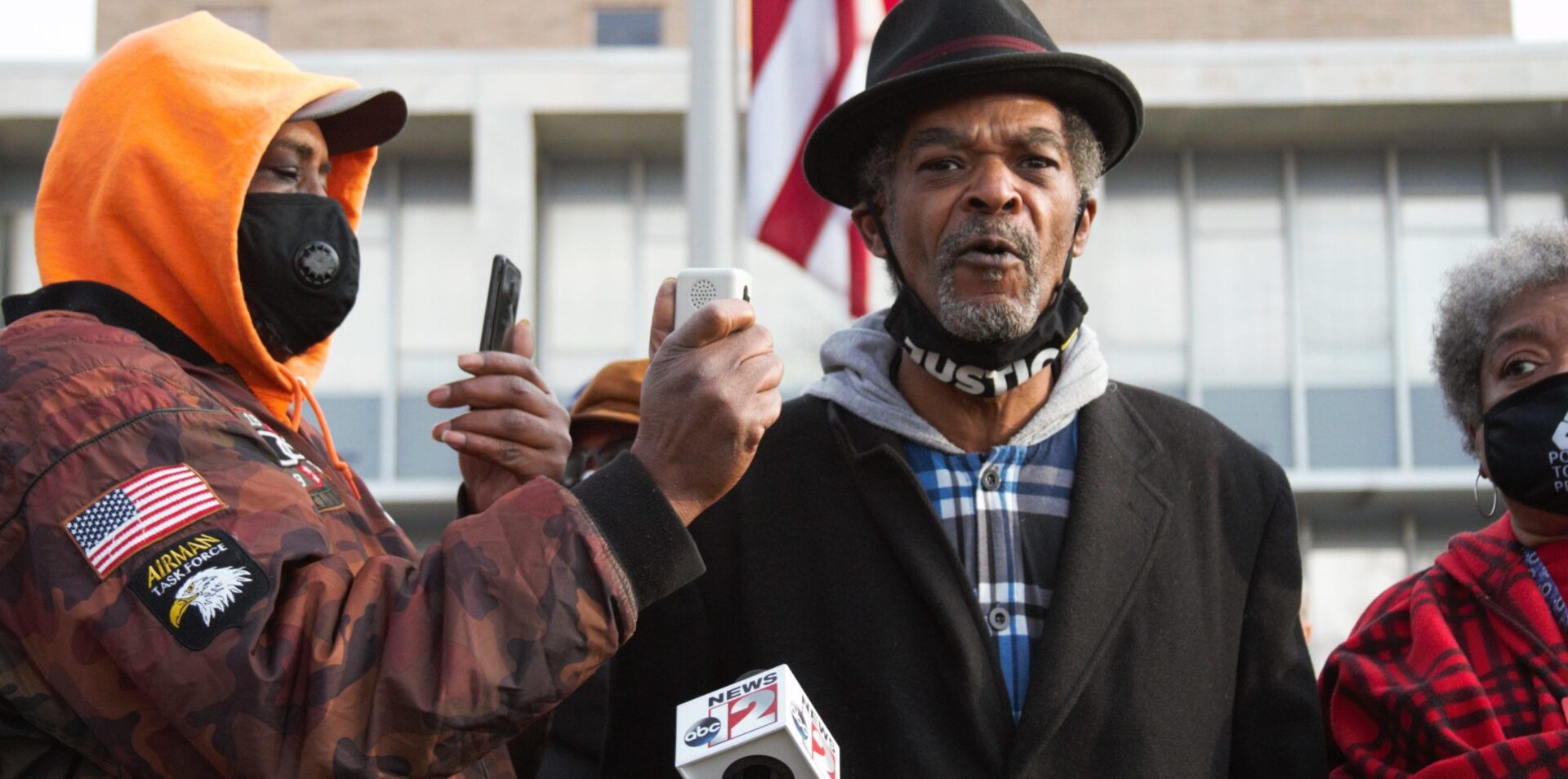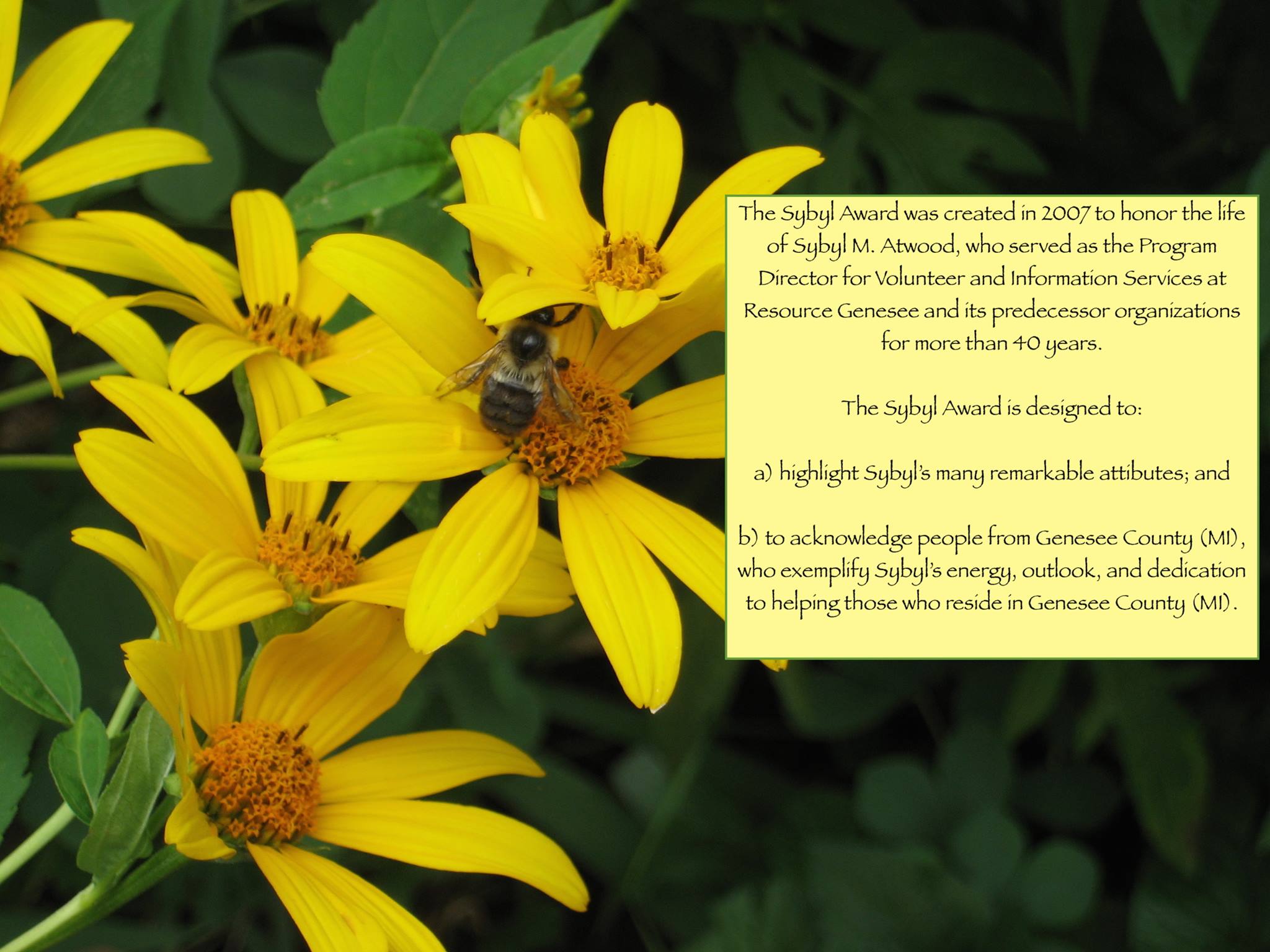By Paul Rozycki
The recent photos of heavy equipment smashing the walls of the East Wing of the White House may be an appropriate symbol of what is going on with our nation today. With armed troops in our cities, indictments against political foes, deportation of children and families, and the longest-ever government shutdown, there is much to be worried about as we approach the holiday season.
But even in the midst of all of this there are remain things to be thankful for.
Some of those things may be tentative and could change quickly, but here are at least 10 to consider.
The No Kings rallies
On Oct. 18, in 2,700 locations around the county, more than seven million people joined “No Kings Rallies” to protest President Trump and his policies, as reported by USA Today. The rallies were peaceful but a clear rejection of a number of Trump’s policies. Now, rallies by themselves don’t change anything, but they do indicate that there is a large part of the public that is willing to stand up and say no to this administration’s attacks on democracy.
Results of November elections
The results of the November elections gave Democrats a reason to be thankful. While it is no guarantee of what might happen next year, sweeping Democratic victories in New York City, Virginia, New Jersey and California suggest that voters are willing to take action at the polls as well as in protests.
Israel-Gaza ceasefire
To give President Trump his due, though, there is reason to be thankful for the ceasefire agreement that has been reached over the war in Gaza. The fighting has largely stopped and hostages are being returned. To be sure, there are still many unanswered questions. Will Hamas disarm? Who will govern Gaza? And, perhaps more urgently, who will rebuild its many lost homes, hospitals, and mosques? Much remains to be done and many Middle East peace agreements and treaties have fallen apart as tensions rose again. But, at least for now, the fighting is halted and perhaps one can hope for a genuine long-lasting peace in the region.
Michigan’s budget
While the U.S. government has been shut down over the federal budget, Michigan Democratic Governor Gretchen Whitmer and Republican House leader Matt Hall found a way to work together to reach a state budget for next year. Sure, it was later than expected and no one is totally happy with everything in it, but it got done and shows that – even in these very divisive times – compromise is possible. Though there are court challenges, Michigan leaders on both sides of the aisle even found a way to “fix the damn roads” with a tax on legal marijuana sales, or “pot for potholes.”
Flint City Council
With the election of LaShawn Johnson to the Third Ward seat last August, the 4-4 deadlock in Flint City Council was ended. The council was finally able to elect a council president, Ladel Lewis, and a vice president, Candice Mushatt, after 735 attempts over the last year. They were also finally able to pass a budget, as late as it was. Though major differences and conflicts remain, there seems to be a working majority, at least for now.
Marjorie Taylor Greene (and a few other Republicans)
No other president has been able to dominate his own party as much as Trump has. For someone who was a nominal Democrat over a decade ago, Trump has been able to turn the Republican Party into one in which loyalty to him is the key to political survival. Most of the Republicans who have opposed the president have either retired or been defeated in primary elections.
One of his most fervent supporters has long been Rep. Marjorie Taylor Greene of Georgia, but recently even she was willing to take the president and Republican leaders to task for their proposed cuts to medical programs and the federal government shutdown. She is still a conservative Republican and Trump supporter, but one wonders, if Greene is willing to draw the line with Trump, will others find the backbone to do so?
In a further surprise from the party in power, four Senate Republicans – Susan Collins, Lisa Murkowski, Rand Paul and former leader Mitch McConnell – all voted to oppose Trump’s global tariff policy.
Pushback from universities
Early in Trump’s term it was unsettling to see a number of major universities cave in to Trump’s demands that they eliminate DEI programs and limit the number of foreign students out of fear of losing federal money. With the initial exception of Harvard, many bowed to the pressure from the White House.
However, a recent proposal from the administration offered federal funds if a university followed a list of guidelines.
As reported by CNN, the letter asked universities to remove factors like sex and ethnicity from admissions considerations and ensure “no single ideology [is] dominant, both along political and other relevant lines” as well as to assess faculty and staff viewpoints and adopt definitions of gender “according to reproductive function and biological processes.” The letter also required that colleges punish those who belittle conservative ideas, enact a five-year freeze on tuition, and limit the number of international students.
At least seven of 10 major universities have resisted the pressure. Among those rejecting the offer were the University of Southern California, University of Pennsylvania, Brown University, Massachusetts Institute of Technology (MIT), the University of Arizona, University of Virginia, and Dartmouth.
New school buildings for Flint schools
After years of closing schools and demolishing buildings, for the first time in five decades, as reported in East Village Magazine, Flint Community Schools have a new building for their students.
The 5,000 square-foot space called “The Cube @ Brownell-Holmes” is to be a “community hub for after-school programming, enrichment and neighborhood engagement.”
With support from the Mott Foundation plans are also in the pipeline for a new Flint high school to be located on the grounds of the old Flint Central High School and Whittier Elementary School. Though its design is still in discussion, after over 16 years of those historic campuses’ closure, a new school building is promising for FCS and Flint scholars.
Two surprising responses to tragic events
Whatever one’s views of Charlie Kirk and his Turning Point USA movement, Kirk’s assassination on the campus of Utah Valley University remains an unconscionable act of political violence. Unfortunately, Kirk’s murder was just one example of the current bitterness and division in our politics today.
Within the last year or so we have seen killings of state lawmakers in Minnesota, attacks against the governor of Pennsylvania, and two assassination attempts against Trump as he ran for a second term. That’s not to mention the 2022 brutal attack against House Speaker Nancy Pelosi’s husband, and an earlier attempt to kidnap Michigan’s governor Gretchen Whitmer, among others.
As expected, the reaction to most of these events is usually anger against those who committed the acts – but sometimes even the most tragic events can produce a surprising sign of civility.
At a memorial service following Kirk’s death, his wife, Erika Kirk, did an incredibly difficult thing: she forgave her husband’s killer. “The answer to hate is not hate,” she told the audience. “The answer we know from the gospel is love and always love.”
Her plea for compassion stood in sharp contrast to President Trump’s angry call for a revenge and retribution against Kirk’s killer at the same event.
Closer to home, the recent shooting at the Church of Latter Day Saints in Grand Blanc Township was a similarly tragic event. Four were killed and eight were injured as an individual with an apparent long-standing grudge against the Mormon Church set fire to the building and shot those attending service. As is often the case, funds were set up from area philanthropies to aid the families of those harmed in the attack. Yet, as reported by ABC 12, in addition to aiding those harmed in the violence at the church, the public also came to the aid of the family of the shooter, raising $250,000 for his family. (The shooter himself was killed by police.)
These acts of kindness amid unthinkable grief and violence give me hope for the future of our democracy. And, whatever your views on the many divisive issues of the day (and in spite of the ongoing uncertainty of our times), I also hope that you find many, many more things to be thankful for this Thanksgiving.
Editor’s Note: The original version of this article, which ran in the November 2025 East Village Magazine issue, stated that Erika Kirk “asked for forgiveness for her husband’s killer.” In review, it is more accurate to say that she herself forgave the killer, as her exact words were: “I forgive him. I forgive him because it is what Christ did and is what Charlie would do. The answer to hate is not hate. The answer we know from the gospel is love and always love. Love for our enemies and love for those who persecute us.” The above version of the commentary has been updated to reflect this information.







